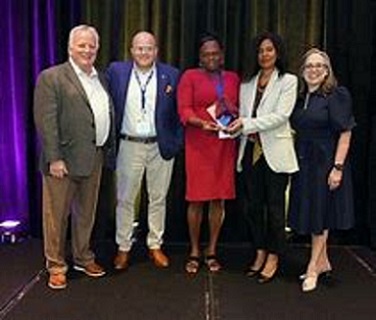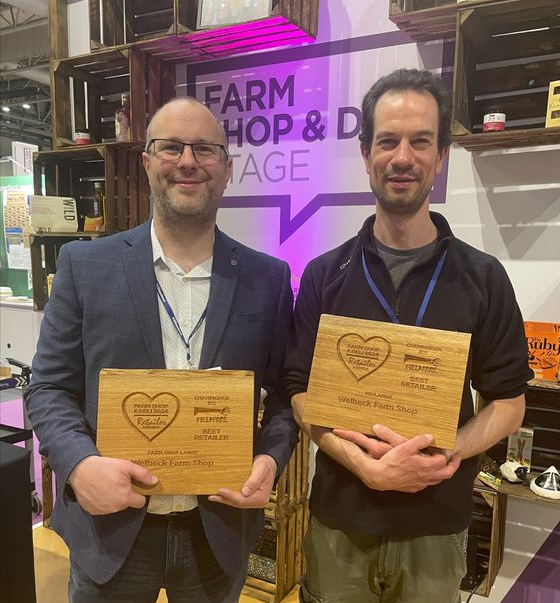Our Health Heroes, the national healthcare awards, are returning for the third year and promise to be bigger and better than ever, with new categories added to recognise more staff within the care and healthcare sectors.
Organised by Skills for Health and the National Skills Academy for Health, Our Health Heroes 2018 aims to recognise the contribution of healthcare workers across the UK.
Thanks to the ongoing support of headline sponsor Health Education England and prize sponsors UNISON, NHS Improvement and NHS England, the awards have grown and will now include the Lifetime Achievement Award #NHS70 and Staff Retention and Wellbeing Employer of the Year Award.
The new categories are in addition to the established awards for: Apprentice of the Year; Workforce Planning Team of the Year; Integrated Team of the Year; and Clinical Support and Operational Services Support Worker of the Year.
Care and healthcare staff from across the UK can be nominated by line managers and colleagues via the Skills for Health website. Applications for the Lifetime Achievement Award are also open to public nomination.
Entrants will be shortlisted and regional winners and finalists will either be chosen by public vote or by an expert panel, before the winners are announced at the awards ceremony later this year.
John Clifford, a physiotherapy technical instructor from Neath Port Talbot Hospital, won the Clinical Support Worker of the Year award in 2017.
He said: “I was shocked and very proud when I was nominated in the Clinical Support Worker of the Year category. During the awards ceremony I met with lots of deserving people from all over the country, who are all winners – every one of them go that extra mile in their jobs.
“You can imagine how I felt hearing about all the superb nominees for the category – I could have picked any of them to be a deserving winner. When my name was called out as the UK winner I was shell shocked and sat there for a few seconds until my colleague told me to get up and go and collect my award.
“I feel so proud to have even been nominated for this award, and even prouder to be the overall UK winner.”
John Rogers, Chief Executive of Skills for Health, said: “There are thousands of unsung heroes in our NHS without whom our healthcare system would grind to a halt.
“These dedicated staff work hard to keep the NHS running, and the excellent patient care that we all expect from our health service would not be possible without their commitment and passion.
“I am very proud that Skills for Health, the National Skills Academy for Health and our sponsors are shining a light on their contribution and I look forward to celebrating these amazing people at our awards ceremony in November.”
Laura Roberts, Regional Director (North) for Health Education England (HEE), said: "Health Education England is delighted to be sponsoring the Our Health Heroes awards.
“Healthcare is all about people and HEE is committed to ensuring staff working in the NHS make up a rich tapestry of knowledge and skills – whether they have entered the service through an apprenticeship or via a more traditional route.
“Healthcare support workers are the life blood of the NHS and through bringing to life the right values and behaviours, such as compassion, respect and dignity, they are making a significant impact in ensuring patients receive high quality care.”
Sara Gorton, Head of Health at UNISON, said: “As we celebrate the 70th anniversary of the NHS, it’s important to recognise its staff who work tirelessly, year after year, to help others. Our health service is the envy of the world thanks to the commitment, hard work and skills of all its staff.
“UNISON is proud to be sponsoring the Operational Services Support Worker of the Year award; these individuals are the unsung heroes of the NHS, who often work behind the scenes to make sure patients and their families get the best treatment possible.”
Mark Radford, Director of Nursing at NHS Improvement, said: “It’s a huge honour to help recognise and celebrate the contribution of our healthcare workers. The NHS is nothing without its people, and we are proud to be part of highlighting the value our dedicated workforce brings to the patient experience, day in, day out.”











